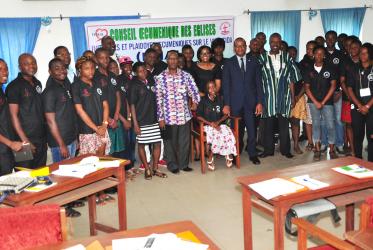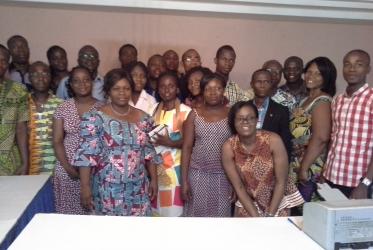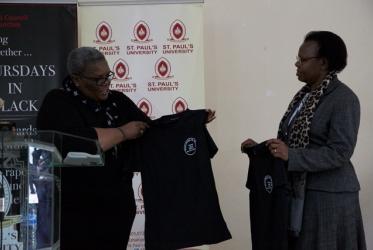Displaying 1 - 20 of 23
COVID-19 in conflict zones: “a crisis within another crisis”
27 November 2020
Young people in Togo: “Hear our voice! We want to tell our stories!”
07 November 2019
Knowledge of gender roles deepens in Togo
03 June 2019
A safe space for sinners to change and for pain to be shared
03 August 2017
Youth engagement fundamental to HIV response
18 April 2017












